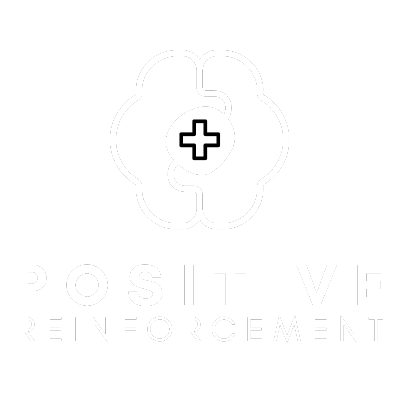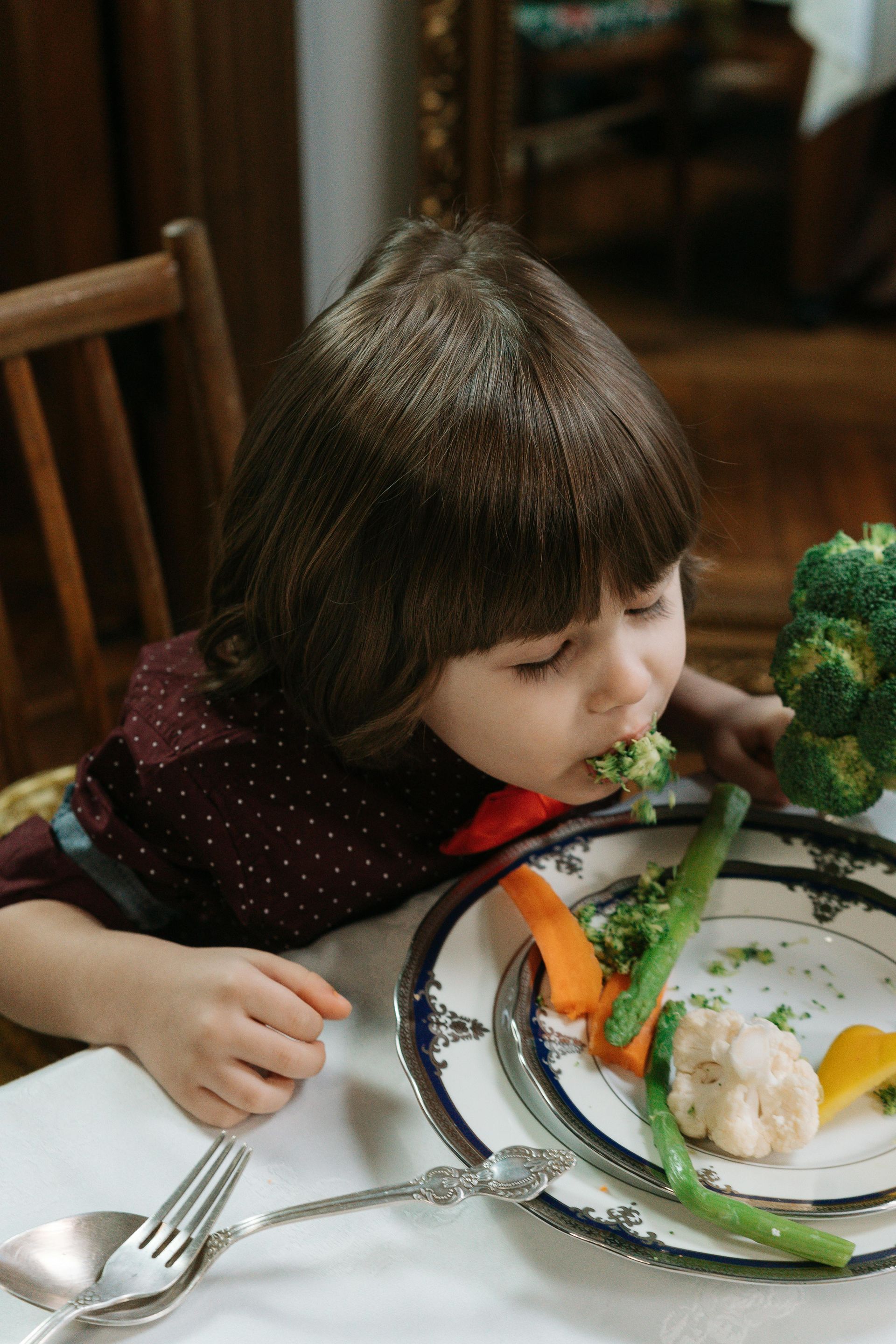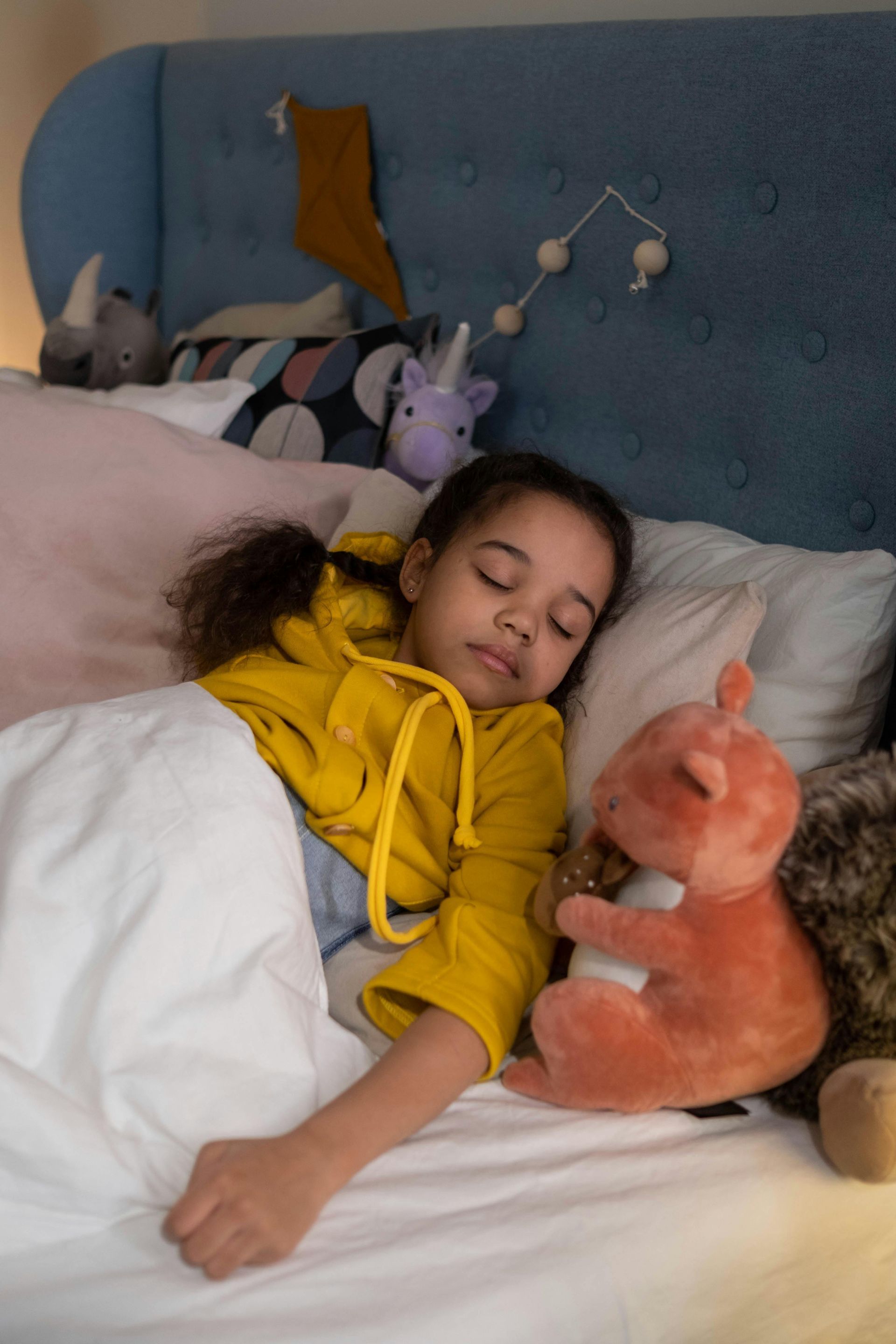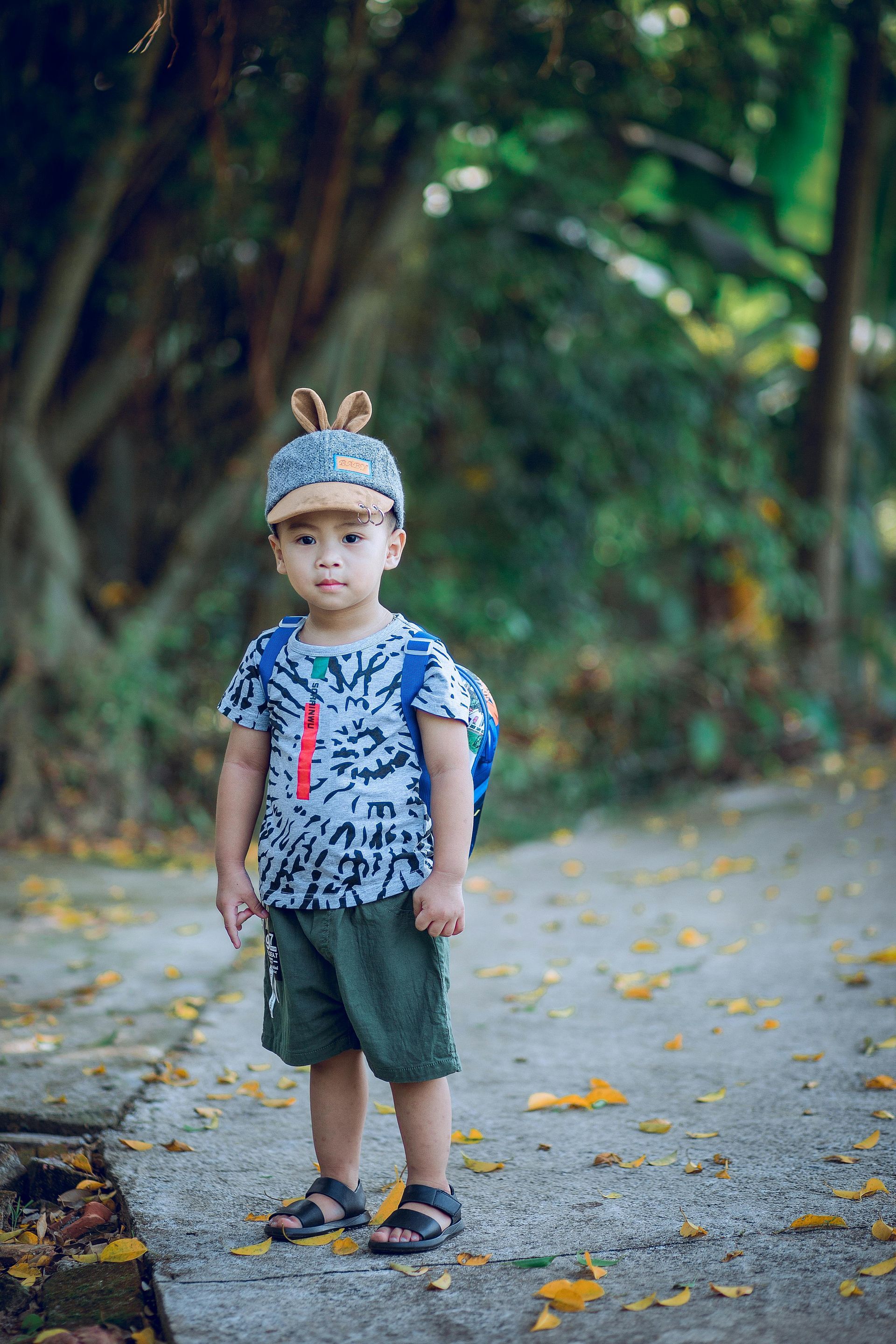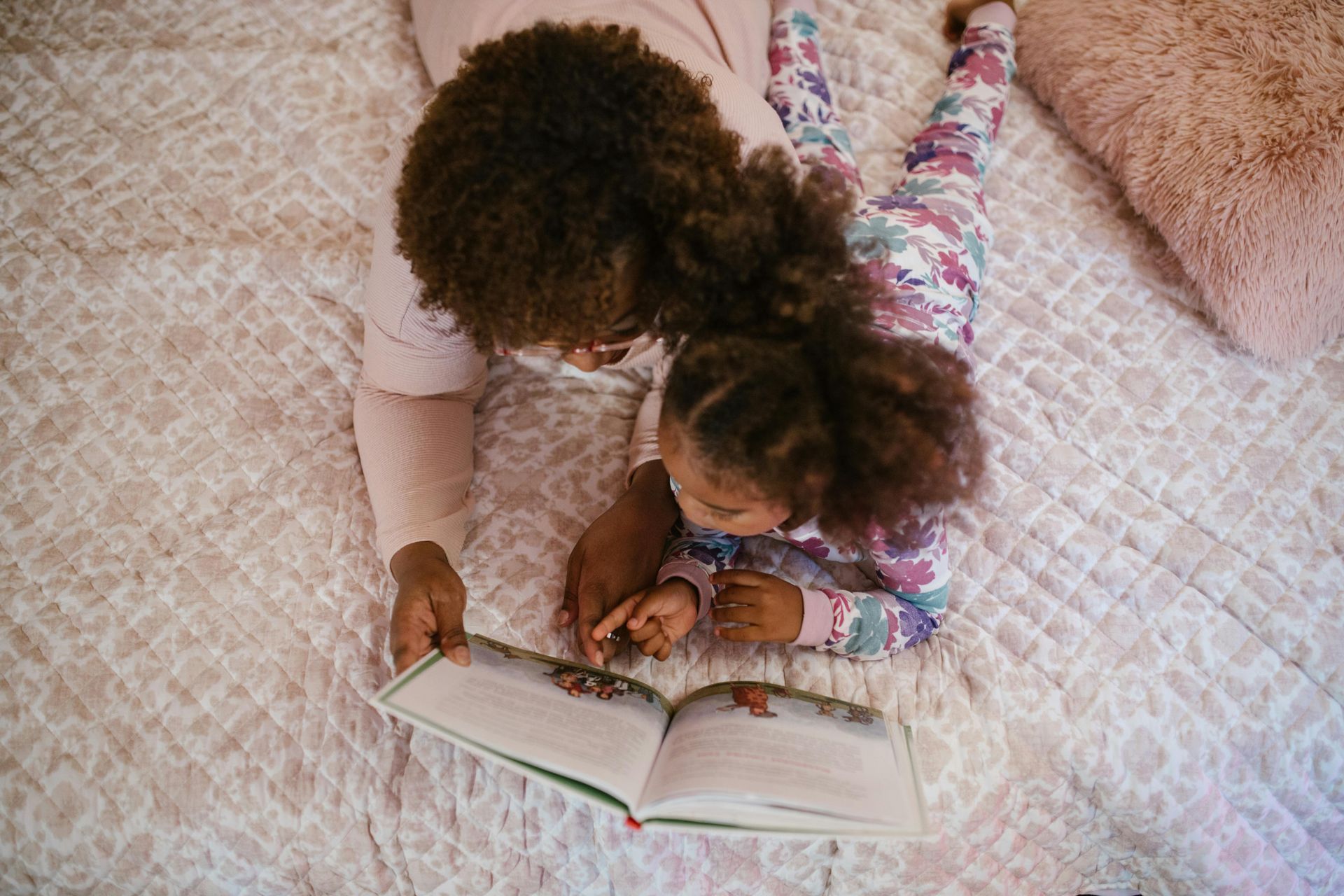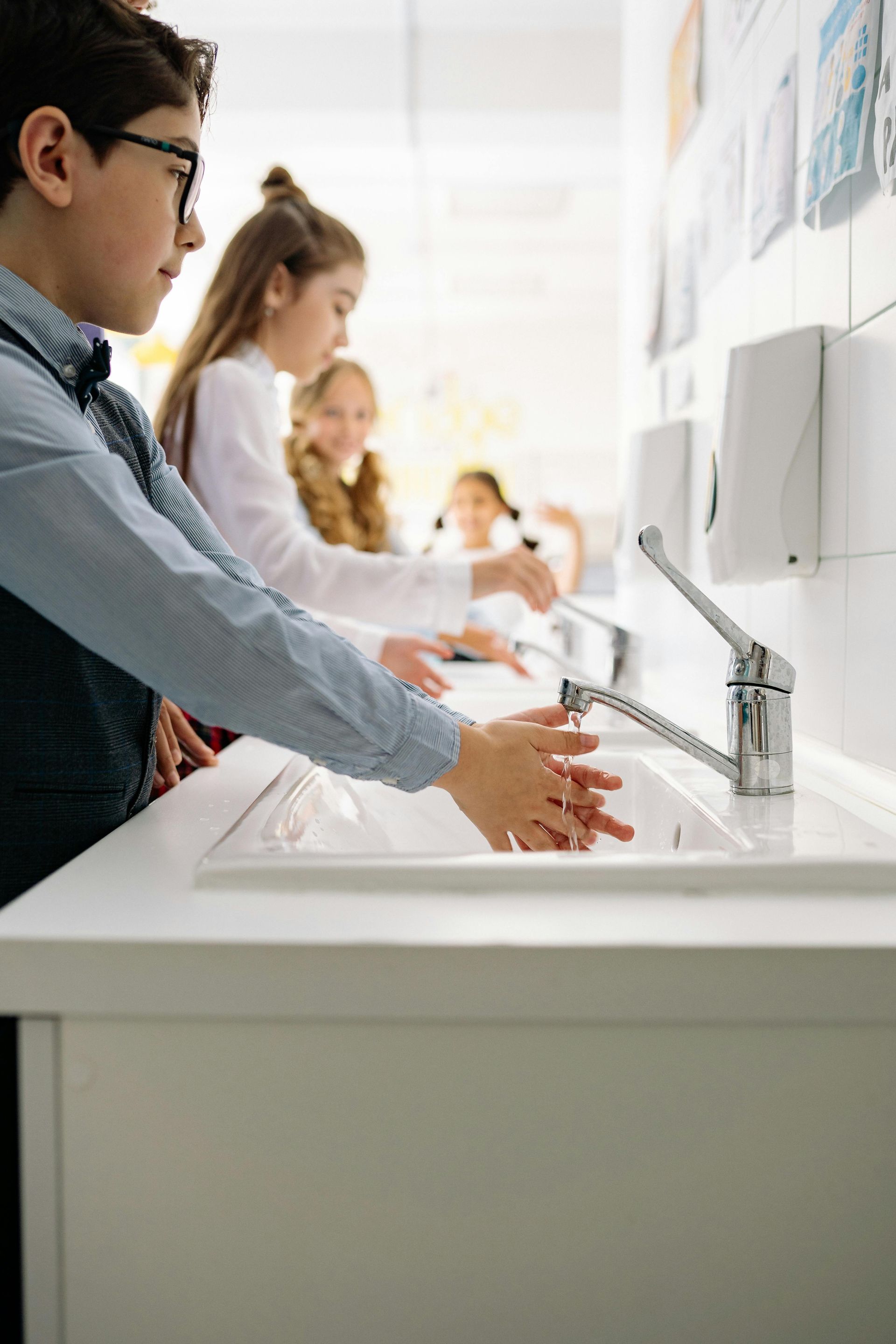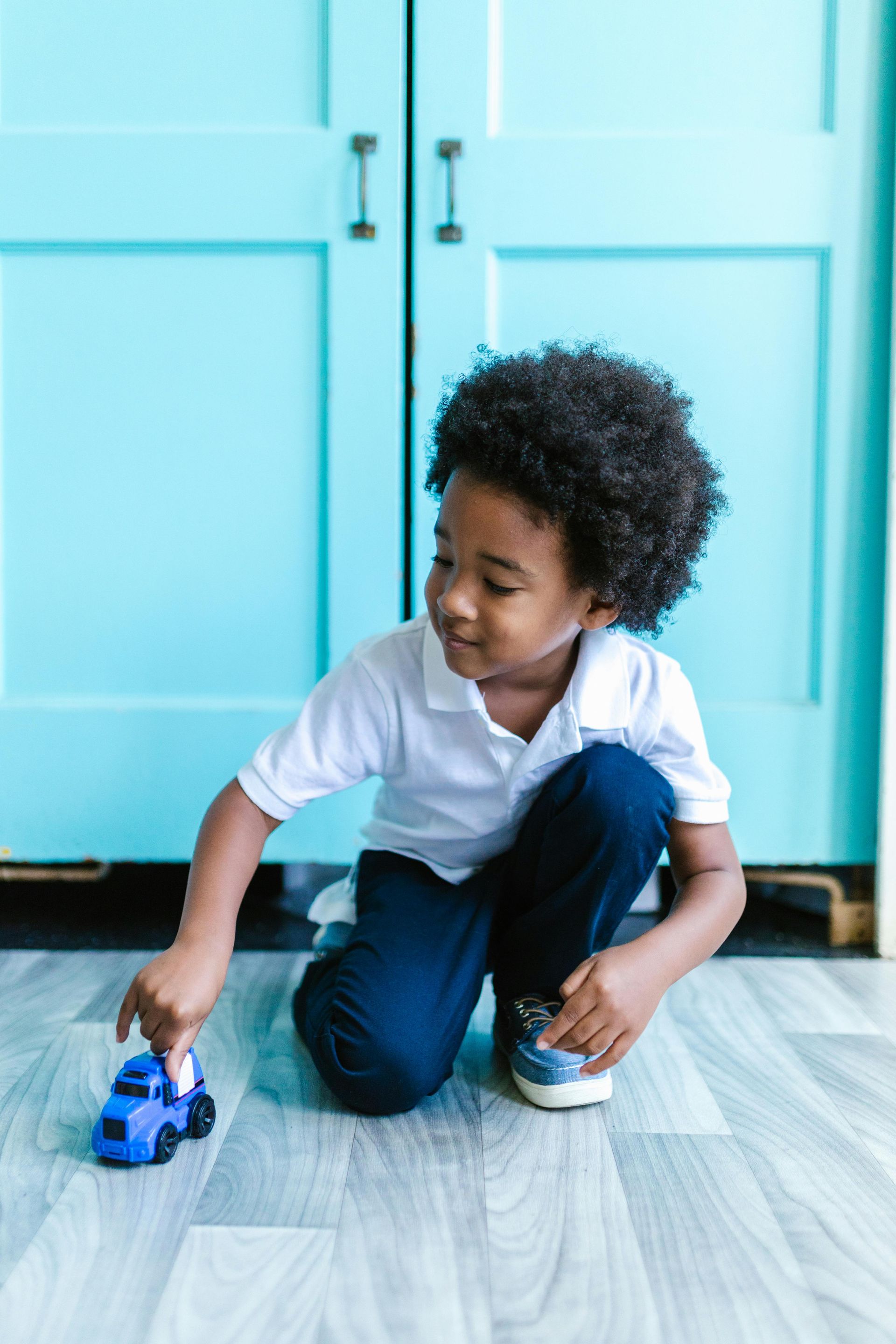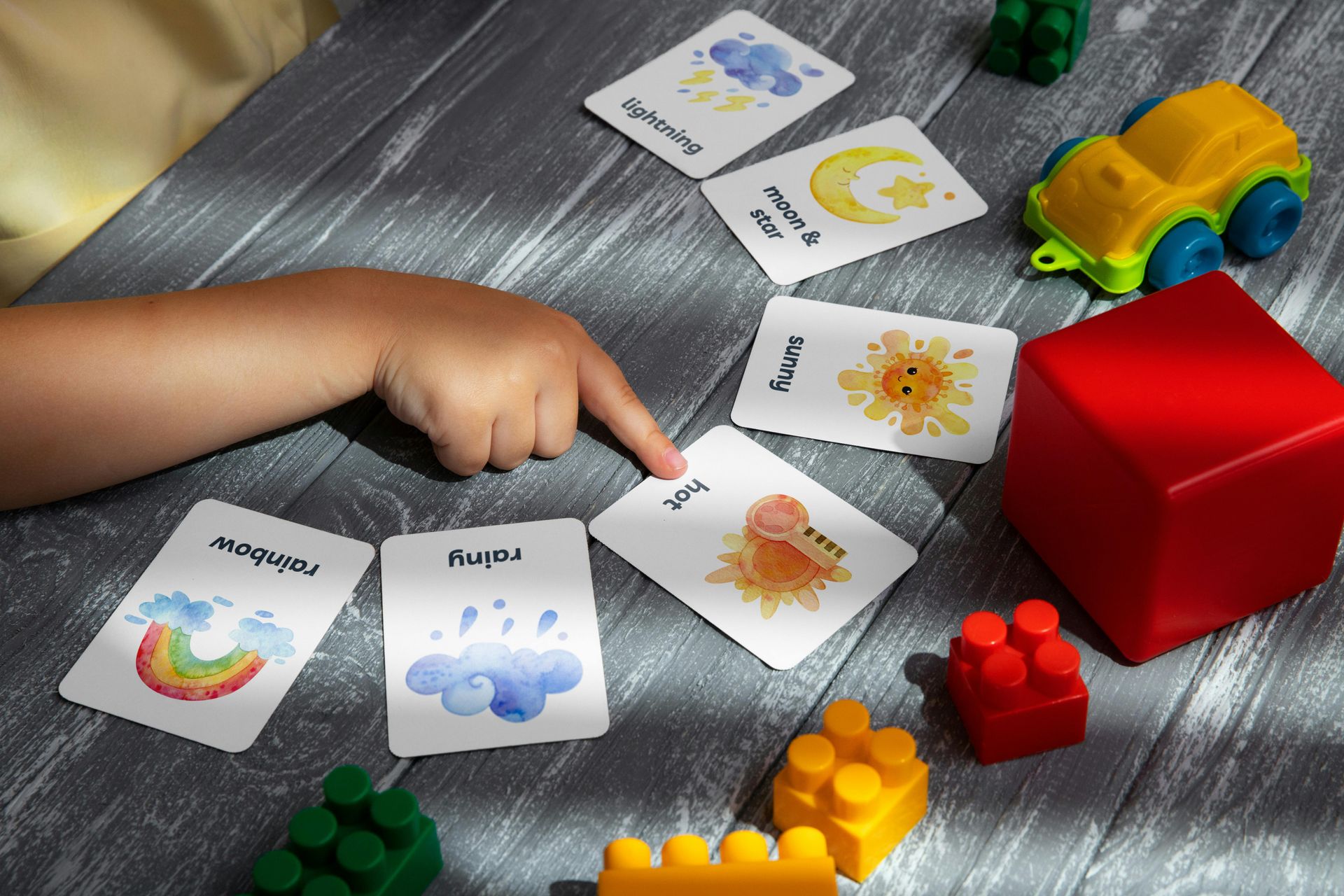Potty Training a Child with Autism
Potty Training a Child with Autism
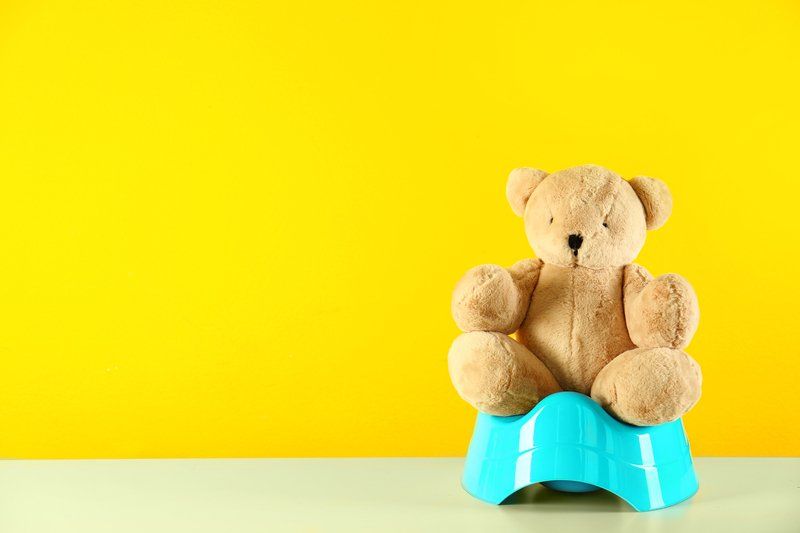
Potty training can be a challenge for any child, but children with autism commonly are ready to start potty training a little later than their peers and need more time to become independent. Various issues such as physical, verbal, and sensory complications may play a role in this delay. Research shows that children with autism could need at least one and a half years of practice to gain control of their bladder and two or more years to achieve full bowel control.
Getting Started with Potty Training
Once you’ve determined that your child is ready to begin potty training, the next step involves a little planning and preparation. Choose one bathroom at home to be Potty Training Central. Stock it with all the tools you and your child will need. Consider a seat attachment to make the large opening of the toilet less intimidating, a step stool for getting on and off the toilet, and wipes for cleaning up after bowel movements.
Along with this practical equipment, set aside a basket of items to help keep your child at ease and motivated during potty training. It’s okay to offer them a toy or book simply to entertain them while sitting on the toilet. However, other items like bubbles or whistles may be useful to have for another reason. The act of blowing can encourage your child to push while having a bowel movement.
More Tips for Potty Trips
- You also want to prepare an assortment of incentives to reinforce the behavior of using the potty. Choose different rewards for successful visits for “number one” and “number two.”
- Keep trips short and focused, perhaps setting a timer for about three minutes of sitting on the toilet.
- As for the frequency of potty training visits to the bathroom, some families start with every 30 minutes or every hour.
- Keep cues short and to the point. When it’s time to try to use the bathroom, you could say, “Visit the potty!” Visual cues and schedules are also highly recommended for working with children with autism.
- Speak to your child’s ABA therapist if you need further recommendations for more specialized equipment or communication techniques.
Potty training can be a daunting task for anyone. Take it one day at a time and be consistent. In time, your child can be successful!
Positive Reinforcement offers in home ABA therapy services for Somerset Kentucky, North Virginia, West Virginia and surrounding areas.
